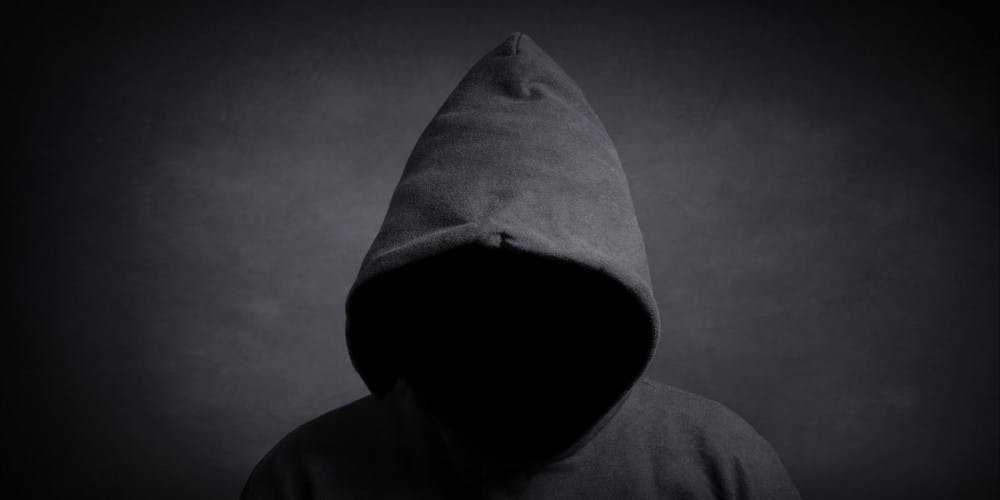By Sarah Adamo
Correspondent
Beyond the persistent fear surrounding Covid-19, another force has the nation gripped. QAnon conspiracy theorists are now venting their frustrations against the government and its perceived wrongdoings.

The group is known for claims that a cabal of politicians and businessmen, endorsed by high-profile celebrities and journalists, is involved in a ring of pedophilia, cannibalism and satanic worship that is kept hidden from the general public.
Equally confounding is their belief that former president Donald Trump will be the one that eliminates these supposed practices in a judgement day for the perpetrators’ arrest and execution known as “the storm.” Former presidential candidate Hillary Clinton is among those targeted by QAnon sympathizers.
The QAnon movement finds its roots in October 2017, when an anonymous user posted a series of enigmatic riddles on the message board 4chan, according to BBC News.
The person behind the account goes by the alias “Q” and claims to possess insider knowledge on U.S. security. This came to be known as “Q clearance” and it quickly captured the intrigue of other users on the forum.
His messages contained slogans and pro-Trump themes, as well as supposed hints about the aforementioned false crimes by affluent members of society. These unfounded, hate-inciting messages became referred to as “Q drops” or “breadcrumbs,” as reported by BBC News.
While this movement had a substantial number of followers predating the pandemic, researchers believe that the Covid-19 outbreak led to a widespread isolation period in America that enabled QAnon conspiracy theorists the time necessary to effectively disperse their ideology across social media platforms, 60 Minutes reported.
Many such applications like Twitter failed to identify this threat before October when the following of QAnon saw an alarming rise, CBS News noted.
In a Pew Research Center study conducted the month prior, almost half of all Americans were familiar with the contentious QAnon rather than one half of that number from six months before. The poll further indicated that a fifth of those surveyed had a positive view of the movement or subscribed to some of its beliefs.
Many of these Americans were attracted to QAnon by its skepticism surrounding popular media, Covid-19 measures and distrust of democrats, CBS News speculated.
As with most radical ideologies, QAnon still remained on the outskirts of societal concern until many of its members began to brand themselves the “Q army” and became more militarized in character, as noted by CBS News.
Trump’s loss of the recent presidential election could be considered a turning point for the movement. Since the legitimacy of QAnon and its predicted day of reckoning was called into question with Trump’s defeat, its members rose up and were featured overwhelmingly in the assault on the Capitol last month.
According to CBS News, an undeniable number of people stormed the Capitol on Jan. 6., sporting shirts and other apparel with the letter Q on them. Nearly 1 in 10 of those arrested had a QAnon connection.
This reality also speaks volumes for how susceptible the public may be to misinformation, especially amid the turbulent environment of the pandemic.







